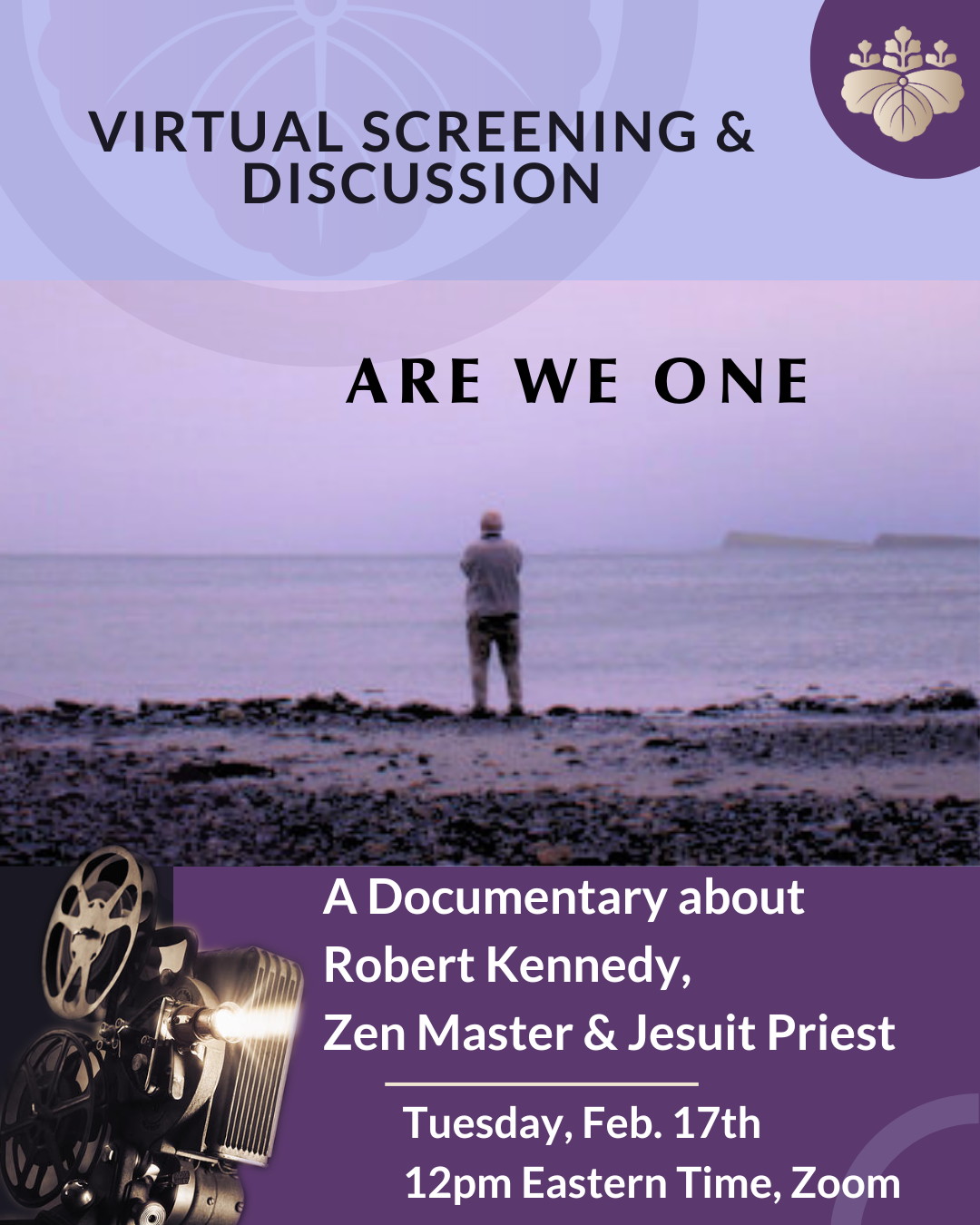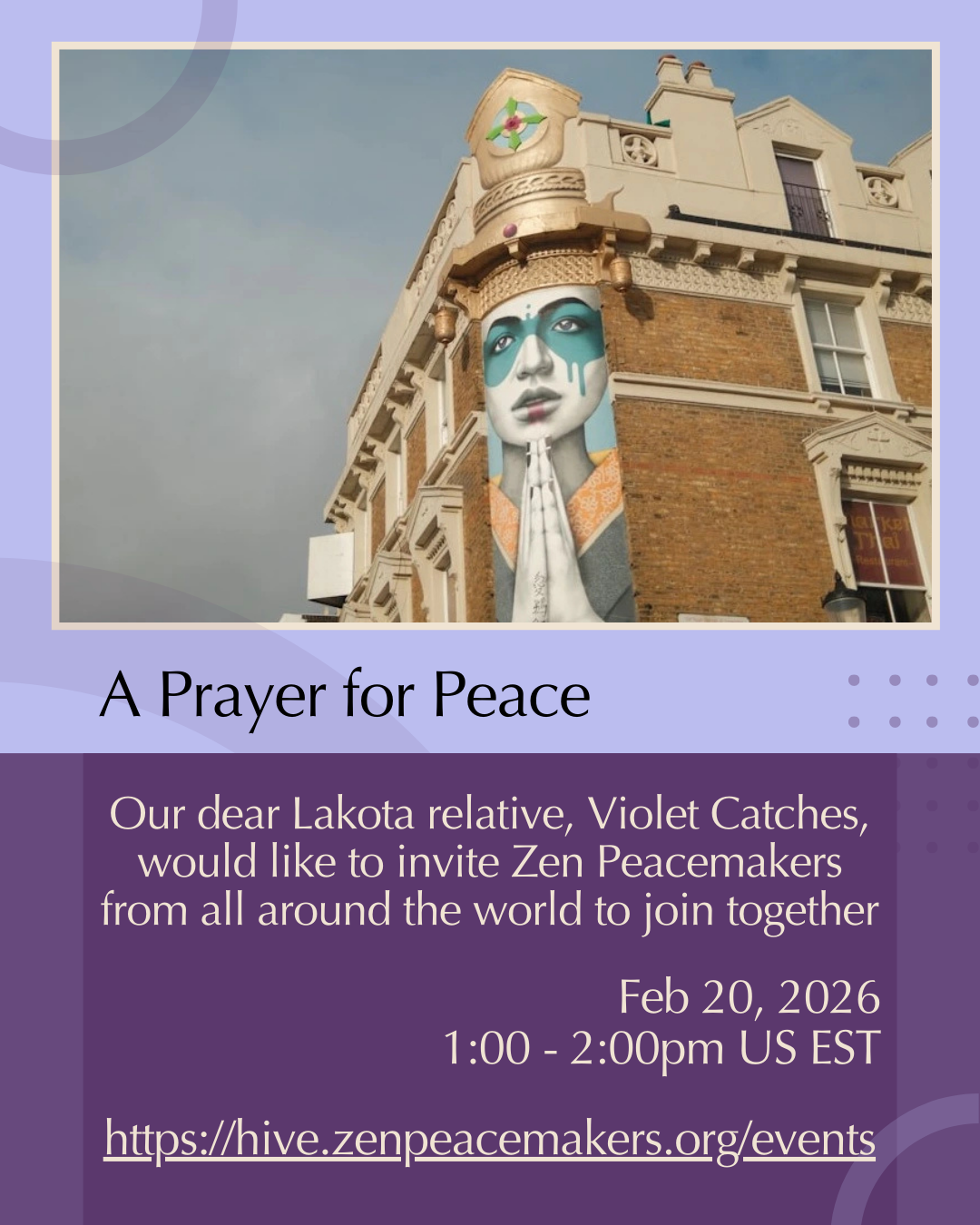Based on our experience of the oneness of life, we form clubs. So in politics there is a liberal club, a conservative club, a neoconservative club. There are all kinds of clubs. For our clubs we build fences to protect us. We invite certain people in and we ridicule others. We can look at that liberal group. They know they’ve got the answers. They know who doesn’t have the answers. So they know who to invite, exclude, and to stay away from. And there is the conservative club. They know the answers; they know who to invite to their parties. We all have these clubs in different spheres of life, and there are many, many spheres that we create. These are the clubs in which we want to play, or dance, or we want to practice. And that has been going on for a long, long time.
In the world of spirituality or religion we have the Christian club, the Jewish club, Buddhist, Islam and Native American clubs. There are lots of clubs. Even within a particular club like Christianity we have Catholic and Protestant clubs. These clubs can get very violent. Such violence is happening even now in all the religions.
All of us create clubs of people we feel comfortable with and we deal in different ways with those we don’t feel comfortable with. The most common way is to deny them. We never invite them to our parties or our house, in fact if we see them on the streets we look or walk away. Another way to deal with people we don’t like is to put them into prisons, or we beat them up or we lynch them as we used to do in America with black people. Hitler came up with the ultimate idea: Kill everybody that you think is different or other.
Many Buddhist centers were created as clubs that excluded the poor. How many people can leave their spouse and kids and go to a Zen center to do a retreat? In the early days of Buddhism in the United States, many left their homes and jobs. Many families broke up because of the demands of the monastic model. When my children were young, I was meditating instead of spending time with them.
When you come from the interconnectedness of life, who is this “they?” Who is the one who knows the right thing? It is like the fingers saying to the foot “I know the right way to do this.” The foot says, “No, I know the right way! You do this!” And the tongue says, “I know the right way! You do it this way. But if you realize the oneness of this body, then fingers do certain things, and the toes, the ears do other things. When I am ready to die, the ears do not say, “I am going to heaven and the rest of you are going to hell.” That doesn’t make sense. That silliness creates a lot of suffering. At the very least, it makes us tired and lacking energy.
Another way of living is to recognize who we exclude and invite them in. I’m a Democrat. I’ve never voted Republican. I will talk with Republicans and invite them to my house. I can’t get angry at people outside my club. I don’t like their viewpoint, but I’m not going to be angry at the person for having it. In conflict resolution work, whatever faction you don’t invite to the table, that’s where the process will break down- Achilles Heel.
Gregory Boyle, a Jesuit priest working with LA gangs says in his book Tattoos on the Heart, “When we can see a community where the outcast is valued and appreciated will we abandon the values that seek to exclude.”
Comment by Alex Turner:
Dear Roshi,
Very instructive on the issue of clubs is Milan Kundera’s “The Book of Laughter and Forgetting”. He describes a social form he calls “the circle dance” in which those inside face each other but exclude the outside world, and this leads to violence, the horrors of overzealous socialism etc. For this reason I find it very significant a key part of the art of painting the Zen circle is to be sure *not* to close the circle. A club must breathe to be alive. This relates to Rousseau on fences being the origin of the social contract, and that most basic form of discrimination, the cell wall, along with its internal complement, the model of self. All’s fine so long as it’s open, and it can’t be open to all things because many things are poison (except of course from the perspective of the absolute), but it must breathe.
my two cents anyway.
Alex Turner



Thanks, Bernie. This morning’s email brought a disturbing letter from my (anti-Christian) brother re Israel; your words offered a healing perspective to my heart.
Roshi Glassman, I live in Mexico City and I have a question: now a days our government is not really interested in solving conflicts, it doesn’t want to hear “dissident voices” it just wants to state -bluntly- that he is the only club with the only truth. What can be done if we are not allowed even to speak in a receptive and open way? People are punished, incarcelated, beaten, etc., persecuted like this how can we look for a conflict resolution? I know that this is not different from many other conflicts all around the world but now a days it is more common in my country. I really do not know how to try to connect or engage with people who have their hearts and minds so closed to “other clubs”. Thank you.
Dear Bernie,
I thank you for your essay and especially for making yourself vulnerable to talk aboutyour own choice you made as a younger man when you left your house in order to meditate instead of being available to your children.
What you are pointing at sounds so reasonable and there right that for me it is quite easy to agree and say Yes to it. But in my daily practice I am bearing witness to the fact how I am creating a club – virtually by thinking or more real and manifested by certain actions. It bothers me how difficult it is for me to distinguish between “I don’t like this view, opinion or perspective” but to continue to be open to the person or persons that own the difficult-to-hear opinion. Then immediately arises the next challenge: I witnessed my struggle, and am facing the challenge to neither say: Everything was Okay I did nor condemning myself.- So I am learning to see in which mistaken direction my right foot wanted to move and I invite him to calm down and talk and listen to the other one/s. – There is really much pain in the lessons. – With gassho, Monika
the human tendency in gravitating to club membership is possibly induced by man’s seeking identity and definition in something outside of himself. and to believe that such identity is strengthened by the definition provided in the exclusivity of club membership. and once we begin the inner journey and realize our identity is not defined by the external world or conditions, we come to a realization that there is only one club – of which we are all members. there arrives that growing tendency to eliminate “either / or” and “this / not this” from our thinking and embrace “yes / and” into our being. peace and blessings.
“Good fences make good neighbors”.
—-Robert Frost
I agree with your viewpoint 100%
Dear Roshi,
Thank you for describing the “interconnectedness of life”.
I know some words create an illusion of separation. Despite my knowing those words are always difficult to hear.
Joan
“Many families broke up because of the demands of the monastic model. When my children were young, I was meditating instead of spending time with them.” This struck to my heart – I recently decided or realized that my constant questioning whether to go to the zendo or stay with my kids did not belong in some psycho-babble world of making excuses to be away, but that at home with my kids was a real place to practice, just as real or more so than at the zendo. In fact, if I cannot practice at home, then my practice is worthless. I get to the zendo when it is authentic for me to be there, and am home when it is authentic for me to be there. My zendo is an interfaith community, and we had a day of shared meditation with an episcopal community, where the leader spoke powerfully about this drawing of lines around ourselves, which we then choose not to cross, believing in the solidity of those lines, and not taking responsibility for drawing them ourselves. This is a wonderful reflection for this time.
Dear Friend Bernie,
I love your assessment of the challenge of Clubs, especially with the assumption of separation from the “other.”
It made me think of my favorite invented word, granfalloon, created by Kurt Vonnegut in Cat’s Cradle. I found an amusing definition which speaks indirectly to your comments:
Granfalloon: 1. A group of two or more people who imagine or are manipulated to believe they share a connection based on some circumstance of little or no real significance
In the start of my homeschooling days, we would have a group, then, there would be a division, and there would be people who went somewhere else and did something else, sometimes, you would find out, and feel hurt, or find out , and want to be a part of that collection. Finally, since we were all free to do as we wanted, we laughed about it – and came up with a wonderful term, ” Group, and re group !” eventually, the circle came around, and there would be re unions, and all together again, there would be many smiles and full hearts. – Jennifer
Dear Bernie,
I was very moved after reading this, because it matches to a deep experience I recently had. I’m just back from workshop on conflict resolution, about 50 people from 15 countries worked on topics like their involvement in the middle eastern crisis or on the ongoing suffering due to economical inequality and injustice. In this process we experienced that though all the diversity, the polarities and frictions that come up in those conflicts, we can get to a level of experience of the interconnectedness of all those different voices, parties and clubs. Healing and resolution starts when we incorporate all the conflicting aspects of life “out there” in us, allow inter-action within and among us and realize the connection of this “humanity-body”.
Thanks Bernie for your vision and way to practice it.